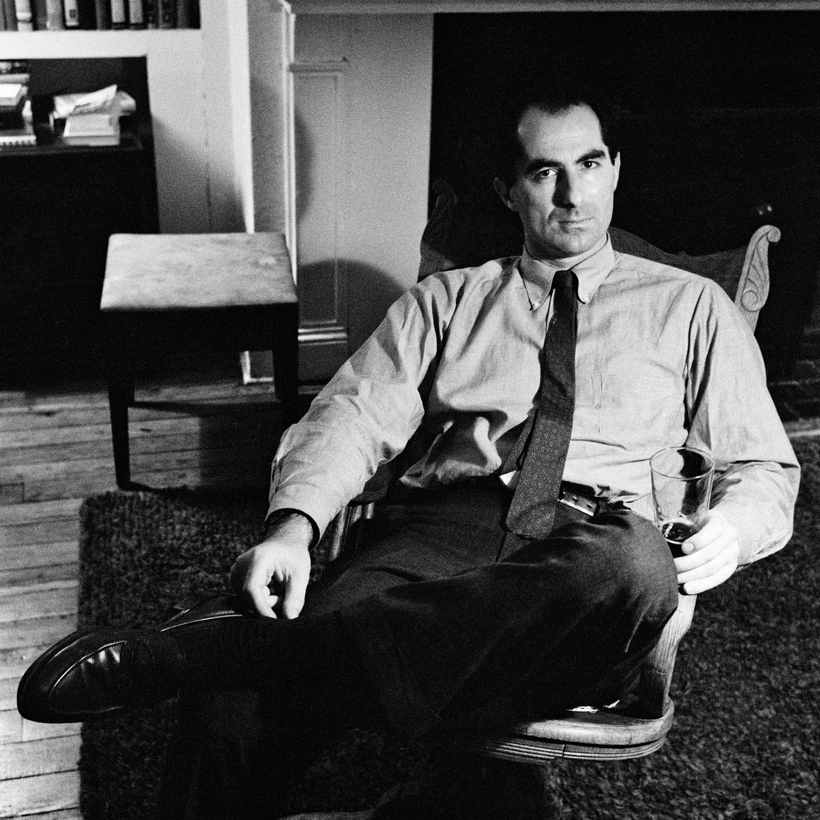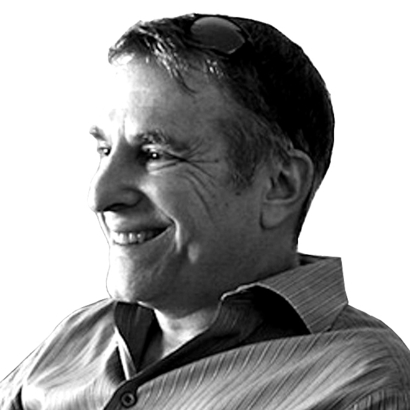What I like best about writing books is the feeling, when done, of having emptied the well. I feel delivered of what I held and agreeably vacant. Looking over what I’ve written, at the end of a big project, I always think: Couldn’t do that again. Indeed, in this empty-well state I tend to wonder if I’ll ever write again.
To be sure, the well has a way of re-filling. Something new intrigues or perplexes you. Before you know it you’re off again. In a novel, it’s some new mystery I want to deepen, some ineffability surrounding the characters, the setting, the action, that grants it the breath of life. In memoir and biography, it has by contrast been some overwhelming wish for clarity: to say what happened and what it meant. These two drives, the wish for mystery and the impulse to clarity, are the poles of my mental life. Finishing Here We Are, I felt I’d captured a friendship with a close friend, much as in my memoir The Hue and Cry at Our House I’d captured a family. In Naples Declared it was an ancient city. In Proust: The Search it was a modern man. In each case I found that I had something to say—the galvanizing moment. One’s task is then to find the most natural—the inevitable—way of saying it.


